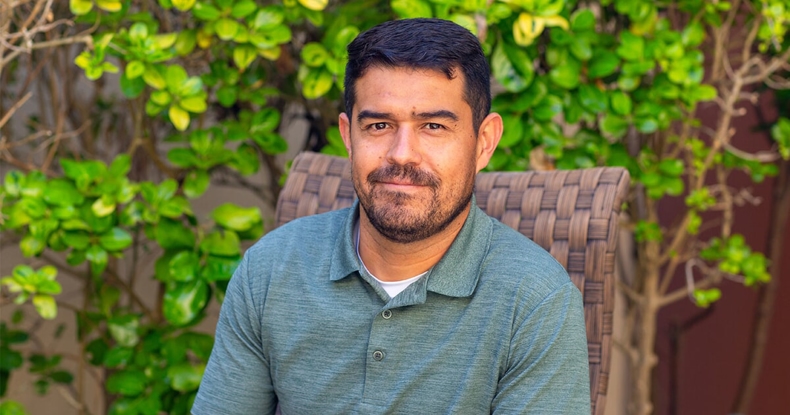Shouting from the Rooftop: Thankful for Finding Caring ENT
- Patient: Gayle Vincent
- Date Submitted: Feb 3, 2023
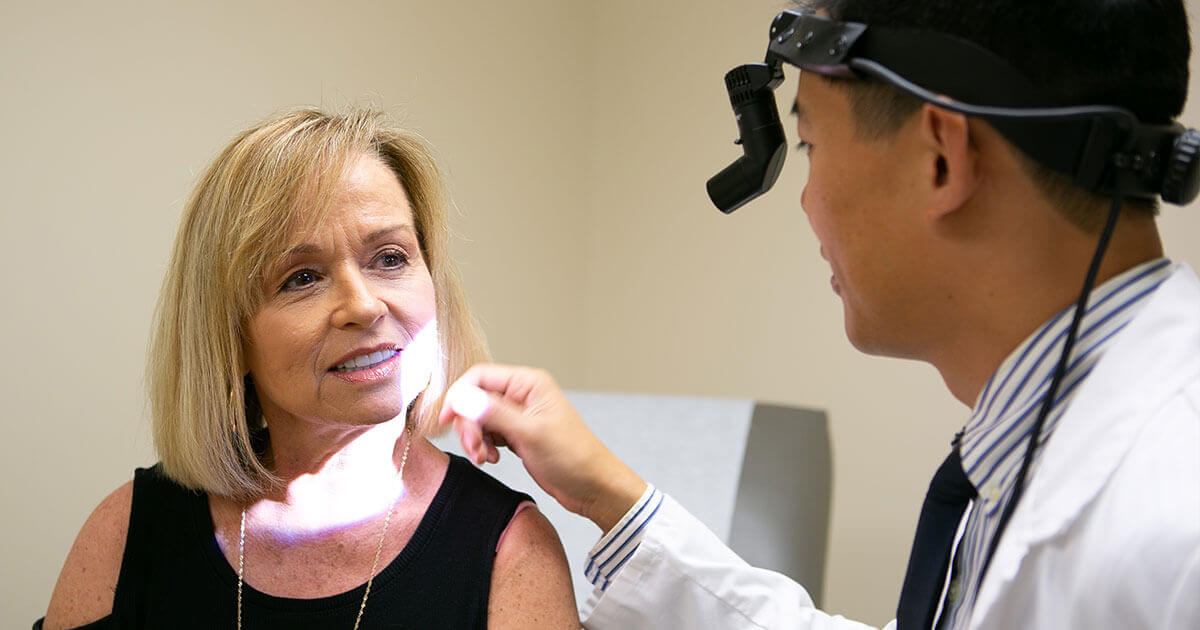

“ Hearing loss can significantly impact one's quality of life. For Gayle Vincent, her ability to hear well is also critical to running a successful business. When Gayle suddenly began experiencing hearing loss, she immediately sought help from Dr. Sheppard Peng.”
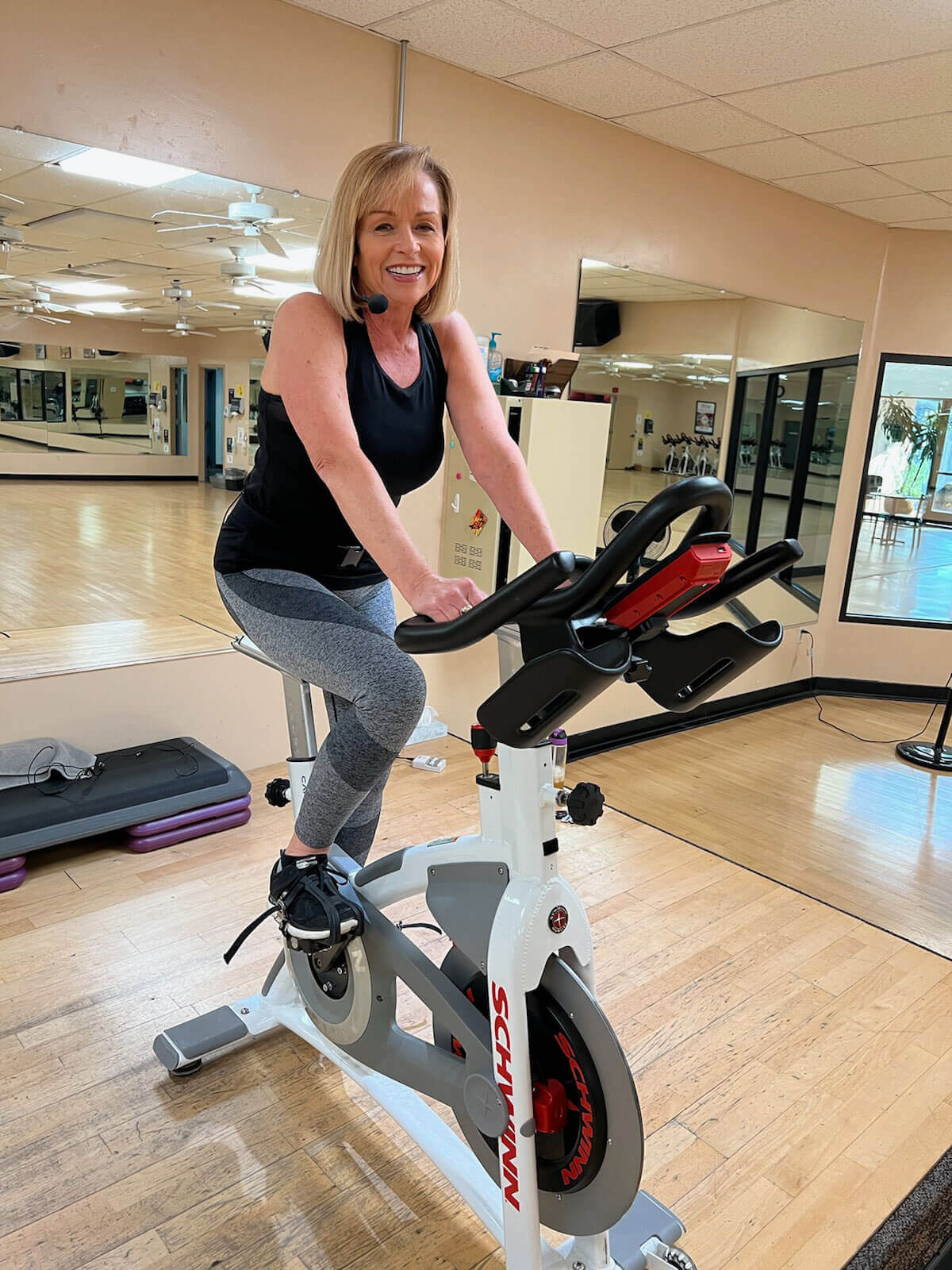 Gayle Vincent is always on the go -- she teaches a spin class, plays pickleball, gets out weekly to ride horses with her best friends, and is part of a thriving real estate business with her husband, Bill.
Gayle Vincent is always on the go -- she teaches a spin class, plays pickleball, gets out weekly to ride horses with her best friends, and is part of a thriving real estate business with her husband, Bill.
Her ability to hear well is critical to enjoying those social activities and running a successful business, which is why when Gayle suddenly began experiencing hearing loss, she quickly sought professional help from Ear, Nose Throat (ENT) physician Sheppard Peng, D.O. at Lompoc Health – North H Center.
Also known as otolaryngologists, ENT doctors can help patients with various conditions related to their ear health, including hearing loss.
Gayle was suffering from extreme anxiety about her sudden hearing loss and possible prognosis as she arrived in Lompoc from her home in Nipomo. Dr. Peng’s calm demeanor was relaxing and reassuring, she recalls.
“He was so attentive,” she says. “He looked me right in the eye and listened to me. It was like a breath of fresh air. A person can often feel rushed when visiting a doctor’s office -- especially a new one -- but he came across as very caring and patient.”
What is Hearing Loss?
You may be concerned about hearing loss if you cannot hear certain types of sound (high-pitched versus low-pitched) or hear sounds from a distance or at a particular volume level (decibel level).
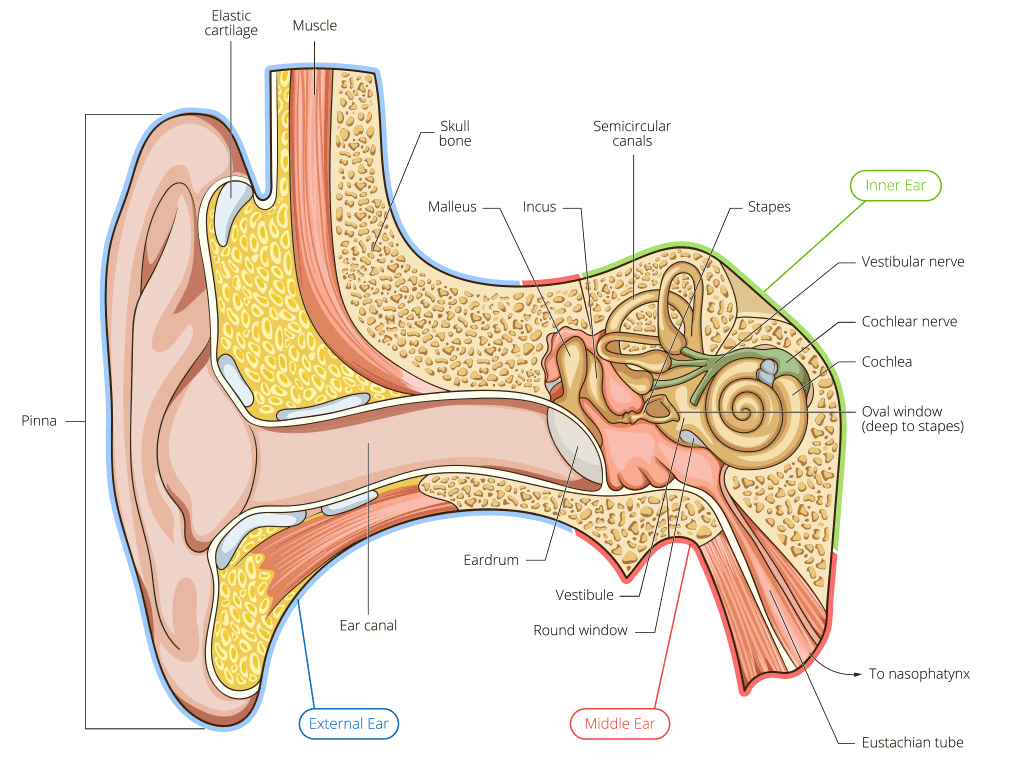
Anyone of any age can experience a problem with hearing. Hearing loss comes from a communication breakdown between the ears, brain, and environment. It can affect one or both ears. Also, it can stem from several problems that can occur at any step along the complex hearing pathway. For example, earwax buildup in the outer ear canal can affect how sound waves travel to the middle ear. This can make hearing difficult on one side, but the hearing loss will likely resolve once the wax buildup is removed.
Different Types of Hearing Loss
Medical professionals put hearing loss down into four categories. The four types of hearing loss are conductive hearing loss, sensorineural hearing loss, mixed hearing loss, and auditory neuropathy spectrum disorder.
- Conductive Hearing Loss: This starts at the beginning of a sound wave's journey from the ear to the brain. For example, an ear infection can cause fluid to build up in the middle ear and affect how the eardrum vibrates. This can affect hearing. Another type of conductive hearing loss would include a foreign body in the ear canal, such as a bead. This tends to be more common with children.
- Sensorineural Hearing Loss: This type of hearing loss is also known as inner ear hearing loss. The three tiny bones in the middle ear send sound signals into the inner ear. The delicate machines in the inner ear must function well to successfully send a nerve signal to the brain. However, the signal cannot be sent if there is inflammation in the inner ear or damage in an area, such as in the auditory nerve.
- Mixed Hearing Loss: No rule says you must have either conductive hearing loss or sensorineural hearing loss. It is definitely possible to have a hearing loss problem that includes elements of both. This is known as mixed hearing loss.
- Auditory Neuropathy Spectrum Disorder: With this, the inner ear and auditory nerve cannot send information to the brain that the brain can interpret as sound. The transmissions may be mixed or garbled.
Gayle's hearing issue was initially diagnosed as sensorineural hearing loss. Dr. Peng told Gayle it was fortunate she came in for medical care when she did, as her hearing condition could progress if not treated quickly.
That same day, Dr. Peng sent Gayle to check her hearing to establish a baseline for treatment. Gayle informed Dr. Peng that her results from the screening were "not good," but Dr. Peng told her that the top goal was to stop the progression of her condition. Dr. Peng then worked with Gayle to establish a treatment plan, which involved one injection of a corticosteroid called Prednisone into her ear once a week for four weeks, along with a high dose of Prednisone pills for a short time.
Causes of hearing loss can be grouped based on the above categories of loss. The causes of sensorineural hearing loss include:
- Aging (which can cause damage to the highly sensitive hair cells of the inner ear)
- Head trauma
- Family history of hearing loss (a genetic hearing loss condition)
- Certain prescription medications that are toxic to the ear's hearing apparatus
- An anatomical problem in the inner hearing structures
- Exposure to loud noises
- Illnesses, such as Meniere's disease
Hearing Loss can be Disorienting
During Gayle's treatment for sensorineural hearing loss, she reported being sensitive to noises. Much of what she heard was muffled.
During one appointment, she said she became agitated about her condition. “Dr. Peng said, 'Look in my eyes. You're going to be OK. Do you trust me? You're going to be OK,'” she recalled. "That’s exactly what I needed to hear.”
A few months later, Gayle experienced two frightening episodes of vertigo, tinnitus, or ringing in her ears. “I thought it was a panic attack,” she says. “I woke up at 6:45 am, and the room was spinning. The second time, I was just folding laundry. I thought I was going to die."
Because Dr. Peng treated her initial hearing issue, she decided immediately to call him.
"The only person I thought of was him," Gayle said. "I want Dr. Peng to look at it. He's the specialist. He's on the cutting edge of things. If he can't fix me, nobody around here can fix me."
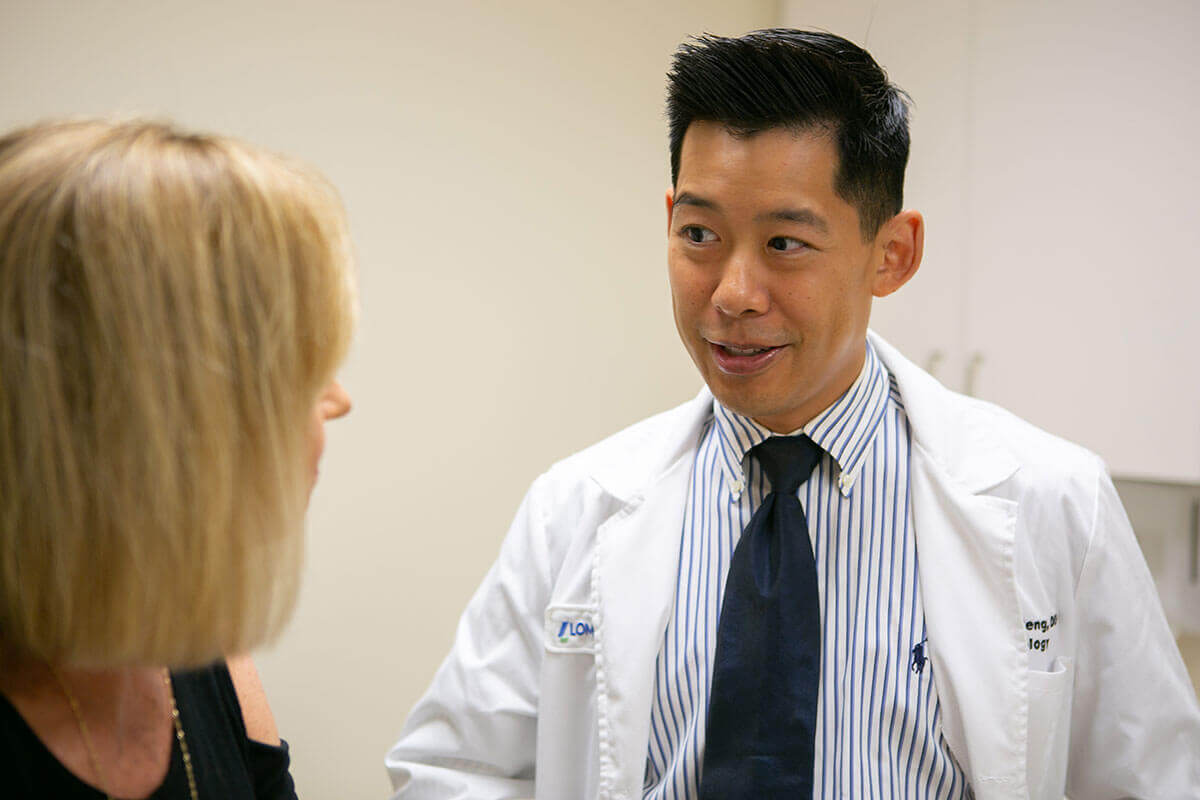
Dr. Peng concluded that Gayle was experiencing Meniere's disease based on her vertigo, hearing loss, and tinnitus episodes. Dr. Peng explained to Gayle what the diagnosis would mean to her and the lifestyle changes she would need to make to prevent further episodes.
A hearing loss problem may come on gradually, or it may be sudden. A person may also find that hearing loss fluctuates, which may be the case if the patient suffers from chronic middle ear effusions or fluid buildup in the middle ear.
Hearing Loss Prevention
There are many things that someone can do to prevent hearing loss. For those who work in a noisy environment, ensure noise levels are below harmful thresholds. Taking a break from noise exposure is also essential. Wearing hearing protection, such as foam earplugs, is crucial.
Proper hearing screening can help identify and prevent further hearing loss. Hearing screening in babies is especially crucial, as hearing loss conditions may impact how children learn to speak and communicate. It is equally essential for adults experiencing hearing loss. A hearing screening can lead to diagnosing a hearing condition and treatment that can improve hearing and quality of life.
For people seeking treatment for hearing loss, an experienced, qualified ENT doctor can help a person better understand and manage their condition.
According to Gayle, Dr. Peng's calm, relaxed, and reassuring demeanor helped her stay engaged with treatment, especially after experiencing vertigo. He was kind, thorough, and honest, she said.
"He has the unique ability to explain what's going on so you can really understand without too much medical jargon," Gayle explained. "He gave me confidence that all would be well, and I really needed that. I feel like shouting from the rooftop: 'I'm so lucky to have found Dr. Peng!"
Taking Care of Your Ears with Lompoc Health
At Lompoc Health, our ENT doctors are experts at teaching healthy habits that can help preserve your hearing over a lifetime. We also offer screening for ear disorders and can treat many forms of hearing loss. Visit us today to learn more.


